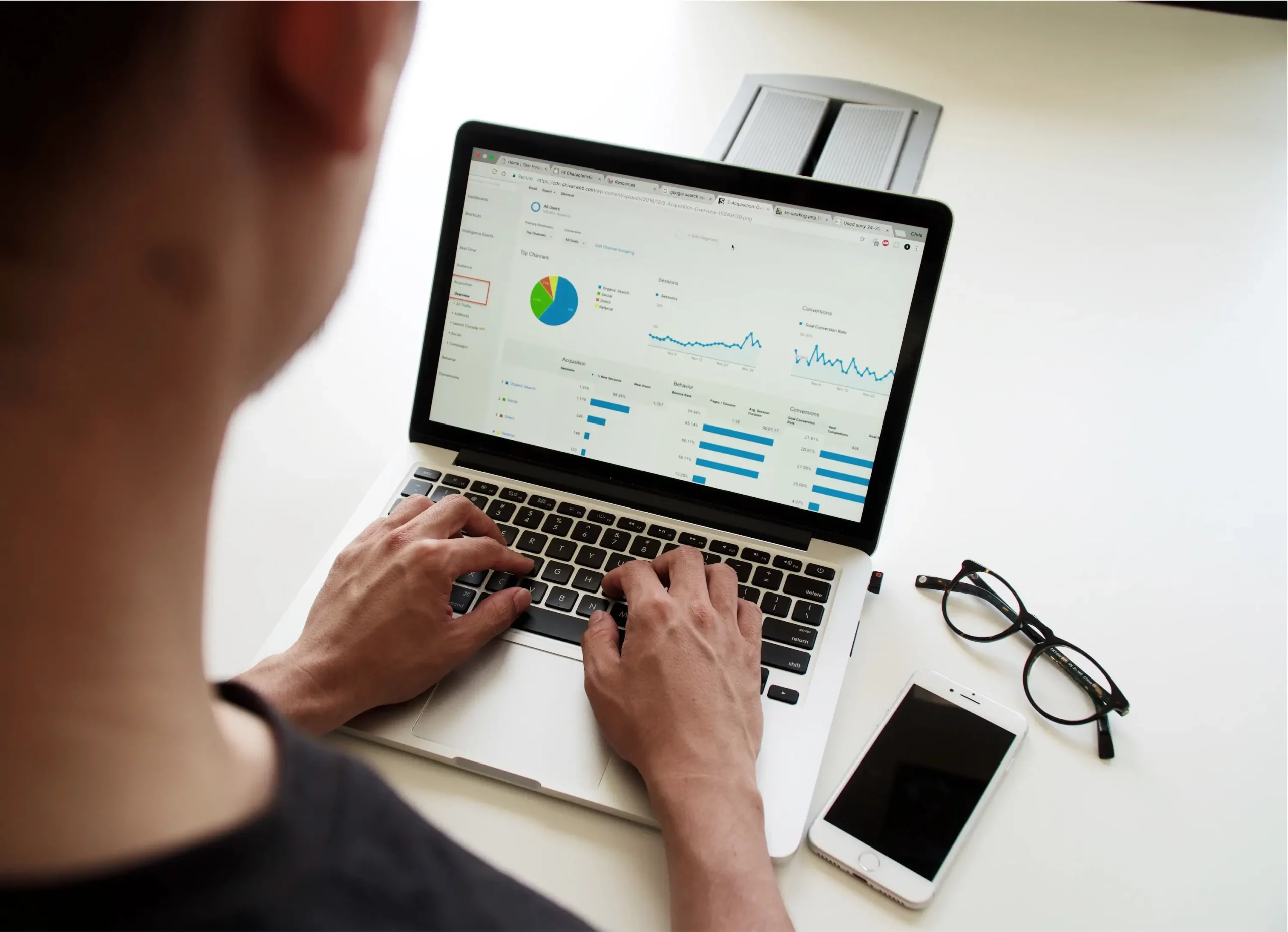If you have a website, you probably want it to rank well on Google and other search engines. However, sometimes you may find that your page is not showing up in the search results or that it is ranking lower than you expected. What could be the reason for this? And how can you fix it?
In this blog post, we will explore some of the common causes of indexing and crawl issues that can affect your page ranking and provide some tips on how to resolve them.
Indexing and Crawl Issues
Indexing and crawl issues are problems that prevent Google from accessing, reading, or understanding your page content. If Google can’t index or crawl your page, it won’t rank it in the search results.
Some of the most common indexing and crawl issues are:
Your Site/Page Is Not on Google
The first thing you should do is check if your site or page is actually on Google. You can do this by using the “site:” search operator, which will show you all the pages from your site that are indexed by Google.
For example, if your site is example.com, you can type site:example.com in the Google search box and see what comes up.
If your site or page is not on Google, it means that Google hasn’t crawled or indexed it yet. This could be due to several reasons, such as:
- Your site is new and hasn’t been discovered by Google yet. In this case, you can submit your site to Google using the URL Inspection Tool in Google Search Console.
- Your site has technical issues that prevent Google from crawling or indexing it. For example, your site may be down, slow, or blocked by robots.txt. In this case, you should fix the technical issues and request a re-crawl using the URL Inspection Tool.
- Your site has low-quality or thin content that doesn’t provide value to users or search engines. In this case, you should improve your content quality and relevance and make sure it follows Google’s guidelines for webmasters.
- Your site has been penalized by Google for violating its policies or algorithms. In this case, you should identify the cause of the penalty and take corrective actions to remove it. You can check if your site has any manual actions or security issues in the Google Search Console.
Content Is Noindexed
Another possible reason why your page is not ranking on Google is that your content is set to noindex using meta robots tags. This means that you are telling Google not to index or show your page in the search results.
This can be useful if you want to hide certain pages from search engines, such as login pages, thank you pages, or duplicate pages. However, if you accidentally set your important pages to noindex, you are missing out on potential traffic and rankings.
To check if your page is noindexed, you can use the URL Inspection Tool in Google Search Console or view the source code of your page and look for a tag like this:
<meta name=”robots” content=”noindex”>
If you find a noindex tag on your page, you should remove it or change it to index if you want your page to rank on Google. You should also request a re-indexing of your page using the URL Inspection Tool.
Linking Issues
If you have a website, you probably want it to rank well on Google and other search engines. But ranking on the first page of Google is not easy. There are many factors that affect how Google evaluates and ranks your web pages. In this blog post, we will focus on one of the most important factors: linking.
Linking refers to how your web pages are connected to each other and to other websites. Linking affects both the crawlability and the authority of your website. Crawlability is how easy it is for Googlebot, the search engine’s crawler, to access and index your web pages. Authority is how trustworthy and relevant your website is for your target keywords and topics.
There are two types of linking that you need to pay attention to: internal linking and external linking. Internal linking is how you link your own web pages to each other. External linking is how you link your web pages to other websites and how other websites link back to you.
Let’s look at each type of linking in more detail and see how you can improve them to boost your ranking on Google.
Internal Linking
Internal linking is the foundation of your website’s structure and navigation. It helps Googlebot discover and understand your web pages, as well as the relationships between them. It also helps users find their way around your website and access relevant information easily.
A good internal linking structure should:
- Use descriptive anchor texts that match the topic and keywords of the linked page.
- Link to related and relevant pages that provide more value or information for the user.
- Avoid linking to the same page multiple times with different anchor texts.
- Avoid linking to irrelevant or low-quality pages that can harm your reputation or user experience.
- Avoid using too many or too few internal links on a single page.
To improve your internal linking, you can use tools like Screaming Frog or Ahrefs to audit your website and identify any issues or opportunities. You can also use Google Search Console to see how Googlebot crawls and indexes your web pages and fix any errors or warnings.
External Linking
External linking is the process of acquiring links from other websites that point to your web pages. These links are also known as backlinks, and they are one of the most influential ranking factors for Google.
Backlinks act as votes of confidence and popularity for your website. They signal to Google that your web pages are valuable, relevant, and authoritative for your niche and keywords. The more high-quality backlinks you have, the higher your chances of ranking well on Google.
However, not all backlinks are created equal. Some backlinks can have a positive impact on your ranking, while others can have a negative or neutral impact. The quality of a backlink depends on several factors, such as:
- The authority and relevance of the linking website.
- The anchor text and context of the link.
- The number and diversity of links from different websites.
- The freshness and naturalness of the link profile.
To improve your external linking, you need to focus on acquiring high-quality backlinks from authoritative and relevant websites in your niche. You can use tools like Ahrefs or Moz to analyze your competitors’ backlink profiles and find potential link opportunities. You can also use strategies like guest posting, content marketing, outreach, or social media to create and promote valuable content that attracts natural links from other websites.
Content and Keyword Issues
One of the most common questions that website owners ask is why their page is not ranking on Google. There are many factors that affect how Google ranks pages, but two of the most important ones are content and keyword issues. In this blog post, we will explain what these issues are and how to fix them.
Content issues refer to the quality, relevance, and readability of your content. Google wants to provide the best answers to its users, so it favors pages that have high-quality content that matches the user’s intent. Some of the things that you can do to improve your content quality are:
- Write original and engaging content that provides value to your audience. Avoid copying or spinning content from other sources, as this can hurt your credibility and ranking.
- Use headings, subheadings, bullet points, images, and other formatting elements to make your content easy to scan and understand.
- Check your spelling, grammar, punctuation, and tone. Use tools like Grammarly or Hemingway to help you with this.
- Update your content regularly to keep it fresh and relevant. Google prefers pages that have recent and accurate information.
Keyword issues refer to the choice, placement, and density of your keywords in your content. Keywords are the words and phrases that users type into Google to find your page. You need to use keywords that match your topic and audience’s intent and use them naturally in your content. Some of the things that you can do to improve your keyword usage are:
- Do keyword research to find out what words and phrases your target audience is searching for. Use tools like Google Keyword Planner or Ubersuggest to help you with this.
- Use your main keyword in your title, URL, meta description, and first paragraph. This helps Google understand what your page is about and rank it accordingly.
- Use variations and synonyms of your main keyword throughout your content. This helps you avoid keyword stuffing and cover more related topics.
- Use long-tail keywords that are more specific and less competitive. These can help you rank for niche queries and attract more qualified traffic.
By following these tips, you can improve your content and keyword issues and boost your page ranking on Google. Remember that SEO is an ongoing process that requires constant monitoring and optimization. Keep track of your performance using tools like Google Analytics or Search Console, and make adjustments as needed.



